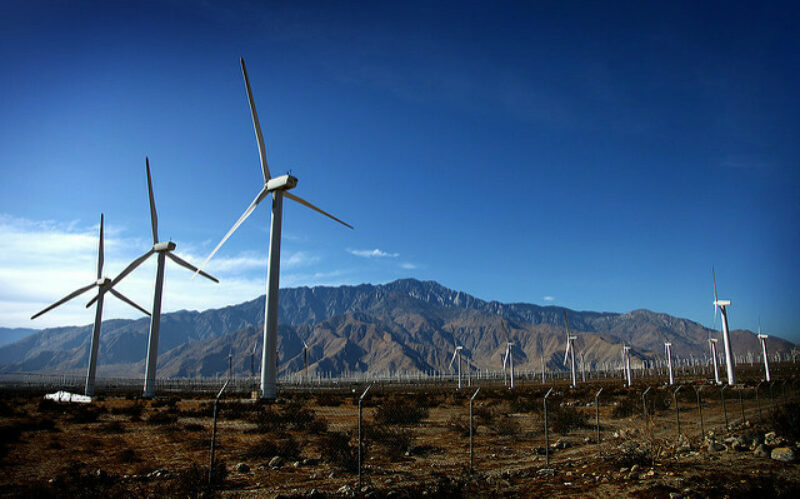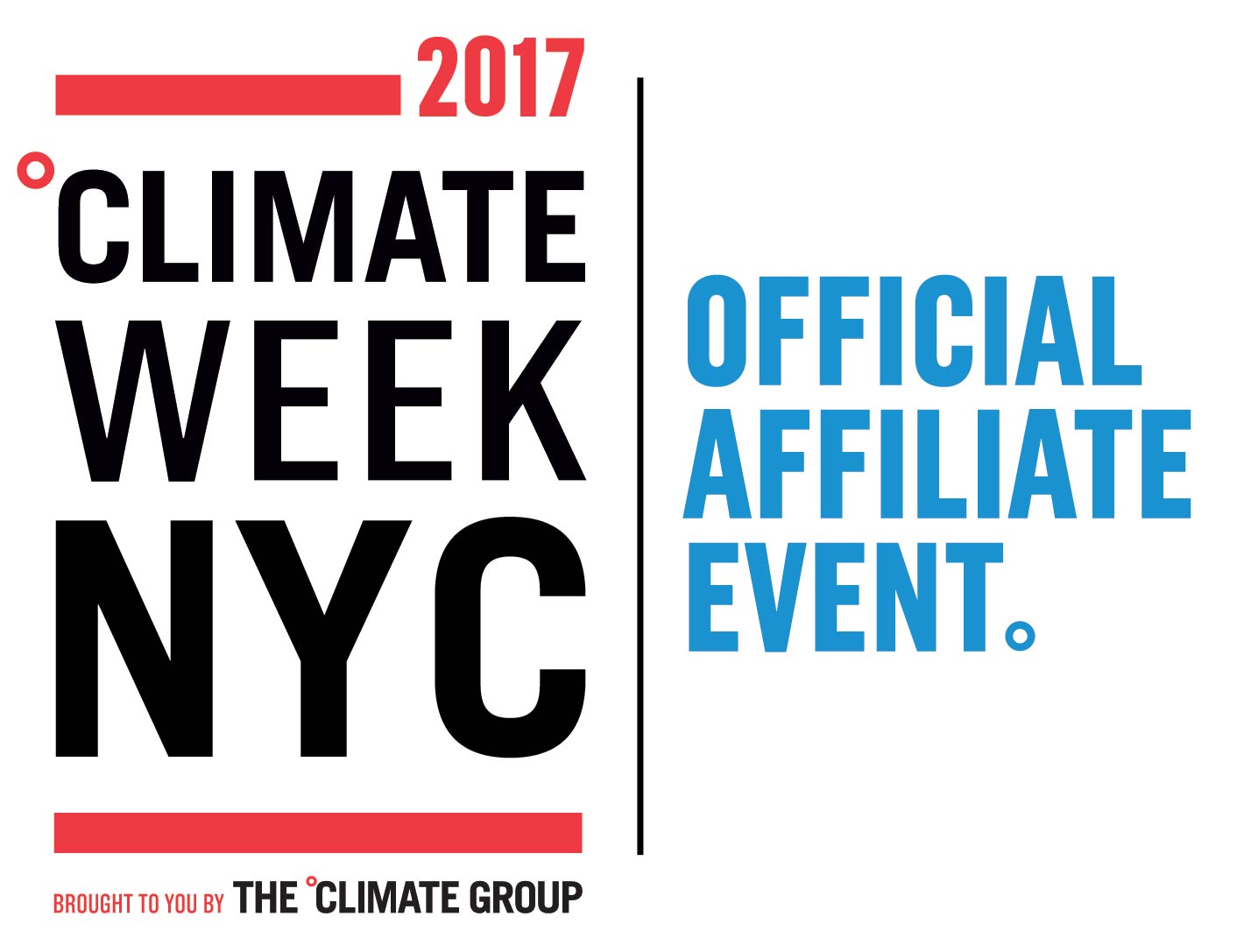Getting on track by 2020 – driving sub-national climate action
| 20 Sept 2017 | |
| 14:00 - 17:00 | |
| Climate Action Hub, Instituto Cervantes, 211 E 49th St, New York, NY 10017 |
Share

Getting on track by 2020 – driving non-Party climate action
Following the decision by President Trump to withdraw from the Paris Agreement, states, cities and businesses in the U.S and internationally, strongly reaffirmed their commitment to bold climate action.
This is a very timely and encouraging development because in order to meet the Paris Agreement goal and move onto a 1.5°C pathway, climate action must accelerate significantly ahead of 2020 and non-Party actors have a crucial role to play in implementing and delivering emission reduction measures at scale and on time.
This event will take stock of how current climate action and pledges track against where we need to be in 2020, 2030 and 2050, and the necessary steps in the next decades to get onto a 1.5°C pathway, outlining concrete short-term measures that key sectors can take to make this happen.
With an engaging activity with the audience and plenty of space for questions, the event aims to highlight where the economy is heading in key areas and opportunities to sustain the momentum from Paris and support new climate action. A key milestone in 2018 will be the Global Climate Action Summit, hosted by California; this event will provide space for exchanging ideas on how to galvanise participation and enhanced ambition at the Summit.
The event will be moderated by Andrew Higham, CEO, Mission 2020.
PROGRAMME
1:30 pm Registration
2:00 pm Welcome
2:15 pm Setting the scene – where we need to be and how we are tracking for 2020, 2030 and 2050, based on latest scientific assessments, aggregate of NDCs, and real economy tipping points and trajectory – Dr Bill Hare (Climate Analytics), Katja Eisbrenner (Climate Action Tracker / Ecofys), Dr Niklas Höhne (NewClimate Institute), and Helen Mountford (WRI / New Climate Economy)
3:00pm Overview of 2018 Global Climate Action Summit – State of California
3:10pm Q&A, interaction with audience
3:30pm Coffee break
3:45pm Audience activity – participants are invited to discuss in smaller groups what analytical inputs would be needed for the 2018 Global Climate Action Summit, what would ensure that it has the desired political impact, and how best to mobilise civil society engagement around the Summit.
4:30pm Report back from groups, conclusion
5pm Close of event
ABOUT OUR PRESENTERS
Helen Mountford
Helen Mountford is the Director of Economics at WRI and the Program Director for the New Climate Economy (NCE) initiative. The New Climate Economy is a major international initiative that provides independent and authoritative evidence on the relationship between actions strengthening economic performance and reducing the risk of dangerous climate change. It is the flagship project of a Global Commission on Economy and Climate. At WRI, she leads a team of economists to support work at WRI to tackle major global challenges and in support of its international offices.
Previously, Helen was Deputy Director of Environment at the OECD, having worked in the institution for over 16 years advising and coordinating in the areas of policy reform, green fiscal reform, climate change finance and economics, fossil fuel subsidy reforms, green growth, water pricing, biodiversity incentive measures, and economy-environment outlooks and modelling.
Katja Eisbrenner
Katja Eisbrenner is Director at Ecofys, a Navigant company and part of the Leadership Team for Europe and Middle East. She has 14 years of international experience in project management and consultancy, having worked across a range of climate policy subjects including NAMAs, NDCs Low Carbon Development and Climate Finance. She has carried out work for the European Commission, national governments and NGOs. Her expertise ranges across a number of different processes including stakeholder engagement, facilitating workshops. She has worked in various countries including Ethiopia, Ecuador, and Mexico. Between 2006 and 2008 she lead the acquisition of new certification schemes as business development manager for Accreditation Services International. Between 2003 and 2006, she worked for the Forest Stewardship Council certification scheme. Ecofys is a partner organisation in the Climate Action Tracker project.
Dr Niklas Höhne
Prof. Dr. Niklas Höhne is a founding partner of NewClimate Institute and Special Professor “mitigation of greenhouse gas emissions” at Wageningen University, The Netherlands. He has been following the international climate negotiations since 1995 and has lead numerous studies related to the international climate change negotiations and national climate policies. Niklas Höhne has made key contributions to the IPCC, including his work as lead author for the IPCC Fourth and Fifth Assessment Report for the chapter on climate policies and international cooperation. In addition, he has lead on the UNEP Emissions Gap reports 2010 to 2016. Niklas created the Climate Action Tracker that tracks commitments and actions of countries on climate change. Previously he was a staff member of the UNFCCC secretariat (1998 to 2001), where he supported the negotiations on various issues, including reporting under the Kyoto Protocol, projections of greenhouse gas emissions, fluorinated greenhouse gases and emissions from international transport.
Dr h. c. Bill Hare
Bill Hare is Climate Analytics’ co-founder and CEO. He is a physicist and climate scientist, a graduate of Murdoch University with 30 years’ experience in science, impacts and policy responses to climate change and stratospheric ozone depletion. He is also one of the leaders of the Climate Action Tracker (CAT), recognised as one of the most credible sources of information on national and global action on climate change.
Bill has contributed actively to the development of the international climate regime since 1989, including the 1992 UN Framework Convention on Climate Change, the 1997 Kyoto Protocol, and the Paris Agreement in 2015, as well as participated in Intergovernmental Panel on Climate Change (IPCC) Assessments. Bill has regularly advised and presented science and policy assessments to Ministers and Heads of Government, including from the most vulnerable countries.
MODERATION
Andrew Higham
Andrew Higham is the Chief Executive of Mission 2020, a collaborative campaign that embeds urgency into climate action and mobilises greater ambition from national governments, cities, states and regions, businesses and investors, with the aim of reaching the climate turning point by 2020. He was previously the senior advisor to Executive Secretary of the UNFCCC, responsible for negotiation strategy and for the drafting and delivery of the Paris Agreement and the relevant decisions of the COP from Durban until Paris. Prior to joining the United Nations, he was an international expert in climate policy at the Energy Research Centre of the Netherlands advising leading firms, public-private initiatives and governments on technology innovation and finance and investment strategies; Strategies Director and Vice President of the Australian Conservation Foundation; and for a decade worked as a senior political and policy advisor in Australia.
Date and time: 20 September 2017, 2pm – 5pm
Venue: Climate Hub, Instituto Cervantes, 211 E 49th St, New York, NY 10017
For more information please contact Maurice Rose.

